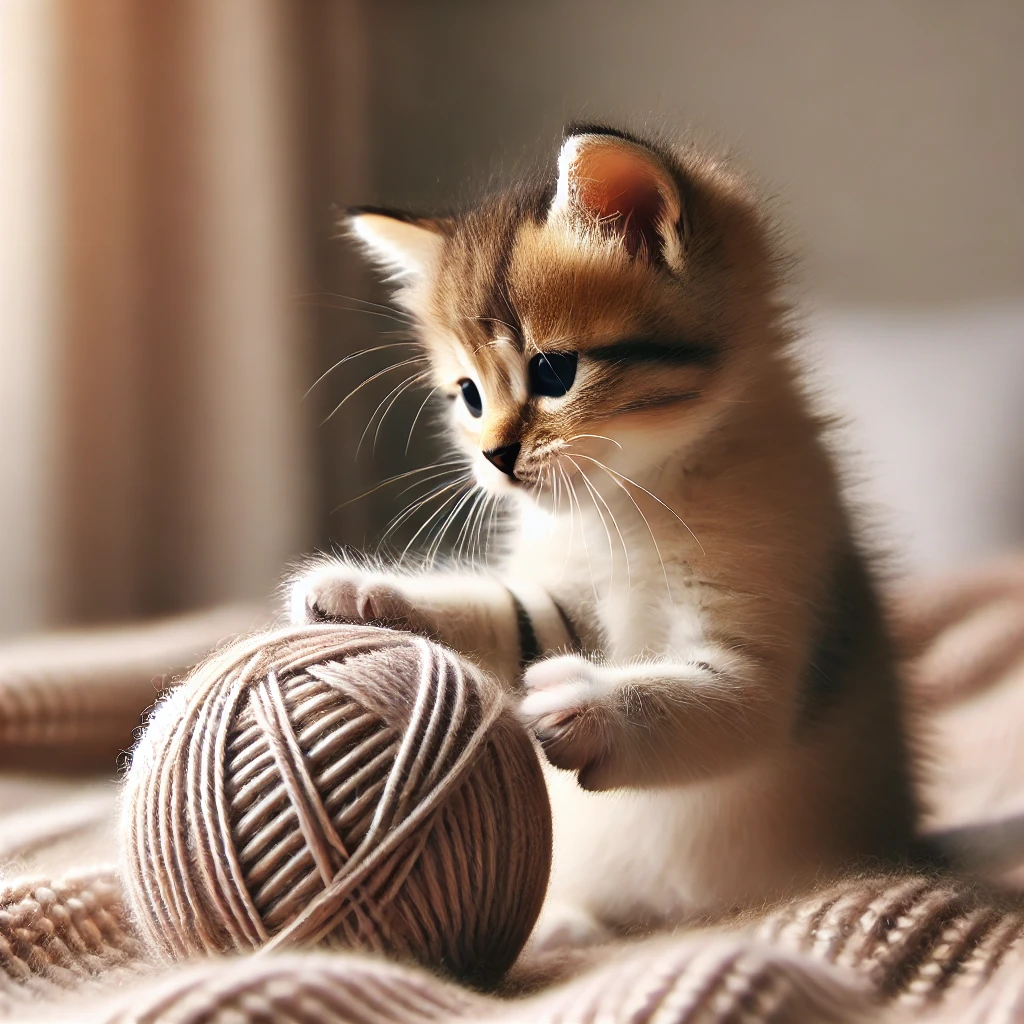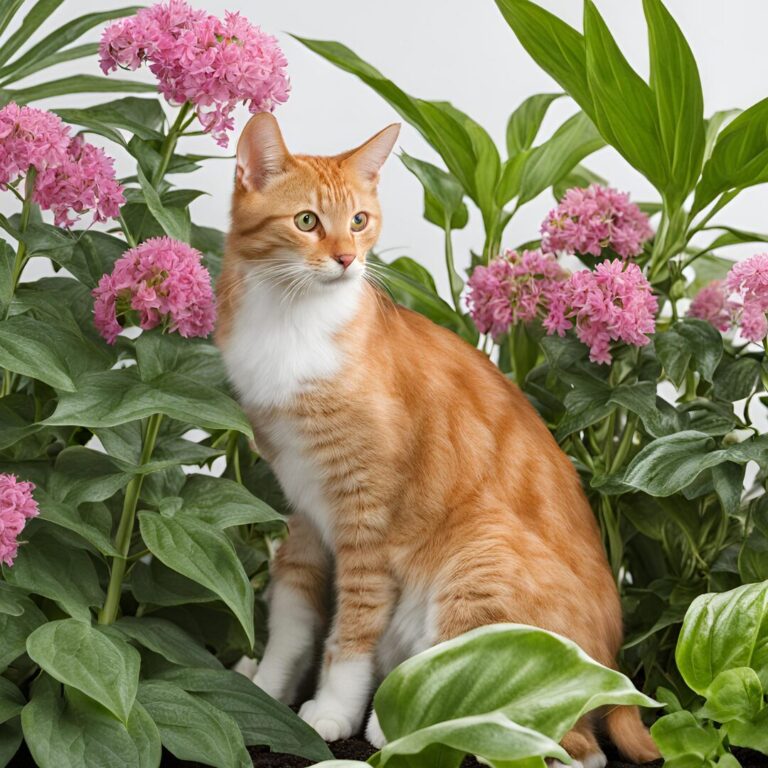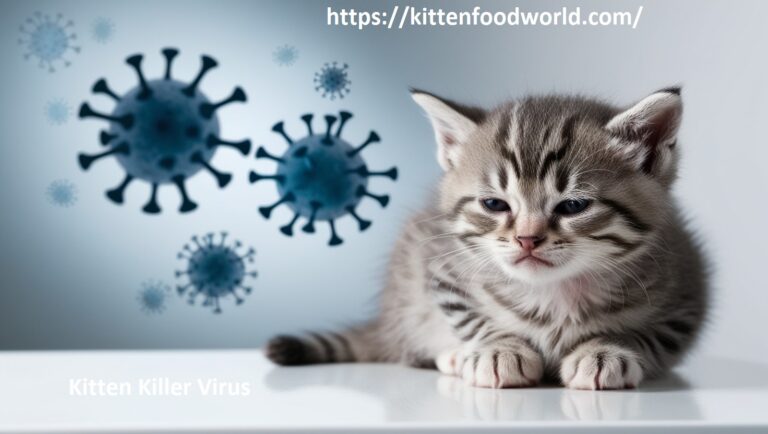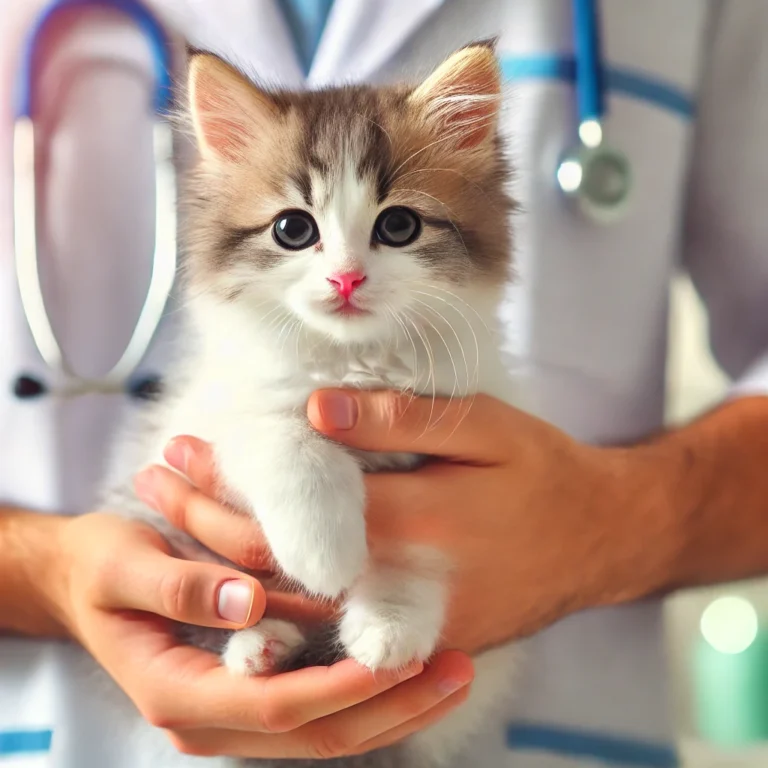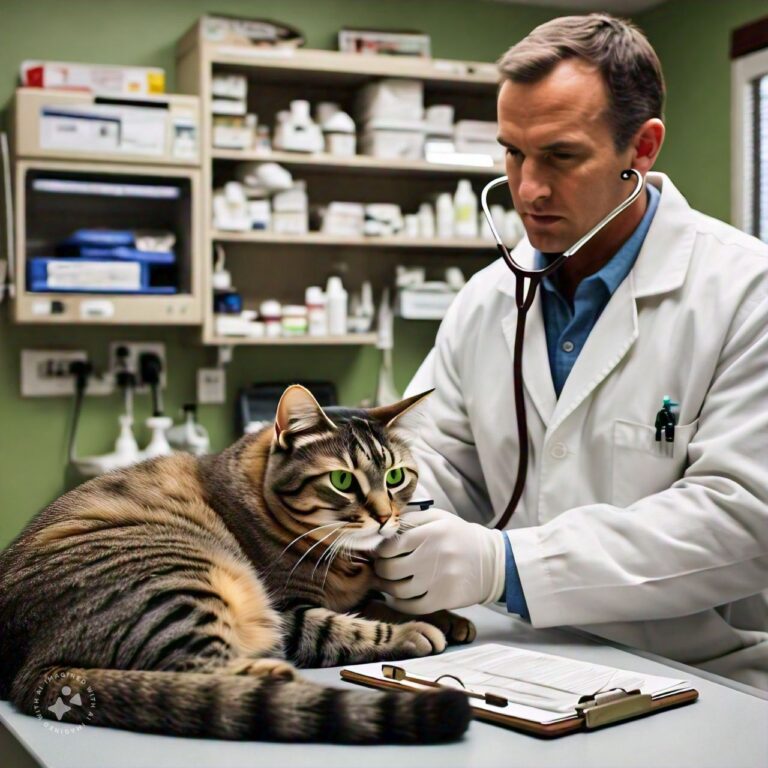When Is a Kitten Considered a Cat?
Understanding the transition from kitten to cat is essential for any pet owner, as it influences how you care for and nurture your feline friend. This article explores the stages of kitten development, helping you recognize the signs that indicate when your kitten is transitioning into adulthood.
We will cover key milestones, behavioral changes, and physical growth, as well as provide insights into how to care for your cat during this important phase.
Table of Contents
Kitten Development: The First Year
Kittens undergo significant growth and development during their first year of life. Each stage of development comes with its own set of milestones, which are crucial for your kitten’s health and well-being.
1. Neonatal Stage of Kitten (0-2 weeks):
Kittens are born with their eyes and ears closed, making them completely dependent on their mother. During the first two weeks, they spend most of their time sleeping and nursing.
They rely on their mother for warmth, as they are unable to regulate their own body temperature. At this stage, human intervention should be minimal, as kittens need to bond with their mother and siblings.
2. Transitional Stage of Kitten (2-4 weeks):
Around two weeks of age, kittens begin to open their eyes and ears, gradually becoming more aware of their surroundings. They start to take their first wobbly steps and develop their sense of smell.
This stage marks the beginning of social interaction, as kittens start to recognize their littermates and mother. By the end of this stage, they may begin to explore outside the nest, although they are still heavily reliant on their mother. For more detailed information on When Do Kittens Open Their Eyes.
3. Socialization Stage of Kitten (4-12 weeks):
This period is critical for social development. Kittens learn how to interact with other cats and humans, and they begin to develop their personalities. Socialization with humans and exposure to different environments during this stage can lead to a well-adjusted adult cat.
By eight weeks, kittens are usually weaned and can start eating solid food. They also start to play more actively, practicing hunting and pouncing behaviors.
4. Ranking Stage of Kitten (3-6 months):
As kittens grow, they start to establish their place in the social hierarchy. They may engage in play fighting, which helps them learn important skills like biting inhibition and social boundaries.
Their bodies undergo a growth spurt, and they become more coordinated in their movements. At this point, kittens are still growing rapidly, and their nutritional needs are high.
When Does a Kitten Become a Cat?
The transition from kitten to cat is a gradual process, influenced by both biological factors and individual development. Typically, a kitten is considered a cat at around 12 months of age, though this can vary depending on the breed and individual growth rates.
1. Sexual Maturity of Kitten(6-9 months):
Most kittens reach sexual maturity between six and nine months of age. Female kittens may experience their first heat cycle, and male kittens may start to exhibit behaviors such as spraying or marking territory.
It’s important to spay or neuter your kitten during this time to prevent unwanted litters and reduce certain behavioral issues.
2. Full Growth of Kitten (9-12 months):
By nine to twelve months, kittens have usually reached their full size and weight. While they may still display playful behavior, their physical growth has slowed down considerably.
At this stage, your kitten’s nutritional needs will begin to shift, and you may need to transition from kitten food to adult cat food. It’s important to consult your veterinarian about the best time to make this switch.
3. Behavioral Maturity of Kitten (12-18 months):
Although your kitten may be physically mature by one year, behavioral maturity can take longer. Some cats retain kitten-like behaviors, such as high energy levels and playfulness, until they are 18 months or older. However, by this stage, most cats have settled into their adult personalities and routines.
When Is a Cat Considered an Adult?
While many people refer to their one-year-old kitten as a cat, the distinction between kitten and adult isn’t just about age. There are specific behavioral and physical changes that signal the transition to adulthood.
1. Physical Maturity of Cat:
By the time a cat reaches one year, it typically has its full adult coat, eye color, and body size. Larger breeds like Maine Coons may continue to grow and fill out until they are two years old or more, but most cats are physically mature by their first birthday.
2. Nutritional Needs of Cats:
As your kitten grows into an adult, their dietary needs will change. Adult cats require fewer calories and a different balance of nutrients compared to kittens. This is the time to transition them from high-calorie kitten food to a diet formulated for adult cats. Feeding your cat the appropriate diet is crucial to prevent obesity and other health issues as they age.
3. Behavioral Changes in Cats:
Adult cats tend to be more independent and less playful than kittens. They may spend more time resting and may become more territorial. These behavioral changes are normal and reflect the cat’s natural development as it matures.
However, it’s important to continue providing mental and physical stimulation to keep your adult cat healthy and happy.
You can find additional insights on the transition from kitten to cat here.
How Long Is a Cat a Kitten?
Understanding how long a cat is considered a kitten can help you provide the best care during this developmental stage. While kittens typically reach physical maturity by one year, their playful, energetic behavior may persist longer.
1. Behavioral Development of Kitten:
Kittens are known for their high energy levels and curiosity. Even as they grow, many cats retain their playful nature well into adulthood. Play is an important part of kitten development as it helps them learn hunting skills, develop coordination, and build social bonds.
2. Socialization of Kitten:
The first few months of a kitten’s life are critical for social development. During this time, they learn how to interact with humans, other cats, and even other animals. Proper socialization during kittenhood can lead to a well-adjusted, confident adult cat.
3. Extended Adolescence of Kitten:
Some cats, particularly those of certain breeds, experience an extended adolescence. This means they may continue to exhibit kitten-like behaviors, such as playfulness and curiosity, beyond their first year.
Understanding that your cat may still be in a playful and exploratory phase can help you manage their behavior and provide appropriate outlets for their energy.
How Kittens’ Needs Change as They Become Adults
As kittens grow, their needs evolve in several key areas:
Diet:
Kittens require high-calorie food to support their rapid growth and energy needs. As they approach adulthood, their calorie intake needs to be adjusted to prevent obesity. Transitioning to adult cat food is crucial at this stage.
Social Interaction:
Kittens are social creatures and require plenty of interaction to develop into well-adjusted adults. As they mature, they may become more independent, but regular social interaction remains essential for their mental health.
Environment:
While kittens are curious and playful, adult cats often appreciate a more stable and predictable environment. Providing a safe, enriching space with plenty of hiding spots and places to climb can help your cat feel secure and satisfied.
When to Switch from Kitten to Cat Food
One of the most significant changes as your kitten becomes a cat is their dietary needs. Kittens require a diet rich in protein and fat to support their growth. However, once they reach adulthood, around 12 months old, it’s time to transition to adult cat food. This switch ensures they receive the appropriate nutrients for maintenance rather than growth. It’s best to make this transition gradually, mixing the new adult food with the old kitten food over a week to avoid digestive upset.
When Do Cats Become Sexually Active?
Kittens can become sexually active as early as five to six months old. Female kittens may enter their first heat cycle around this time, while male kittens might start showing interest in mating. Early spaying or neutering (around five to six months) is recommended to prevent unwanted pregnancies and reduce the risk of certain health issues.
When Does a Kitten Become a Full-Grown Cat?
A kitten is generally considered full-grown by 12 months, although some larger breeds may take up to two years to fully mature. By this time, your kitten will have reached its full height, weight, and muscle mass, and its personality will be more defined. However, your cat may still exhibit playful behavior for several more months as it adjusts to adulthood.
Kitten Age Chart
A kitten’s development can be tracked using an age chart that outlines key milestones:
- 0-2 weeks: Neonatal stage, dependent on the mother.
- 2-4 weeks: Transitional stage, eyes and ears open, beginning to walk.
- 4-12 weeks: Socialization stage, learning to interact with others.
- 3-6 months: Ranking stage, establishing social hierarchy, growth spurt.
- 6-9 months: Sexual maturity, potential behavior changes.
- 9-12 months: Full physical growth, transitioning to adult behavior.
When Is a Male Cat Fully Grown?
Male cats generally reach their full size and weight by 12 to 18 months, although some breeds, like Maine Coons, may take longer to mature. By this age, they will also display more consistent adult behavior and are likely to be sexually mature.

When Is a Cat Considered a Senior?
A cat is generally considered a senior around the age of 7-10 years, depending on the breed and individual health. Senior cats may require special diets and more frequent veterinary care to monitor for age-related health issues. They also tend to be less active and may prefer a quieter environment.
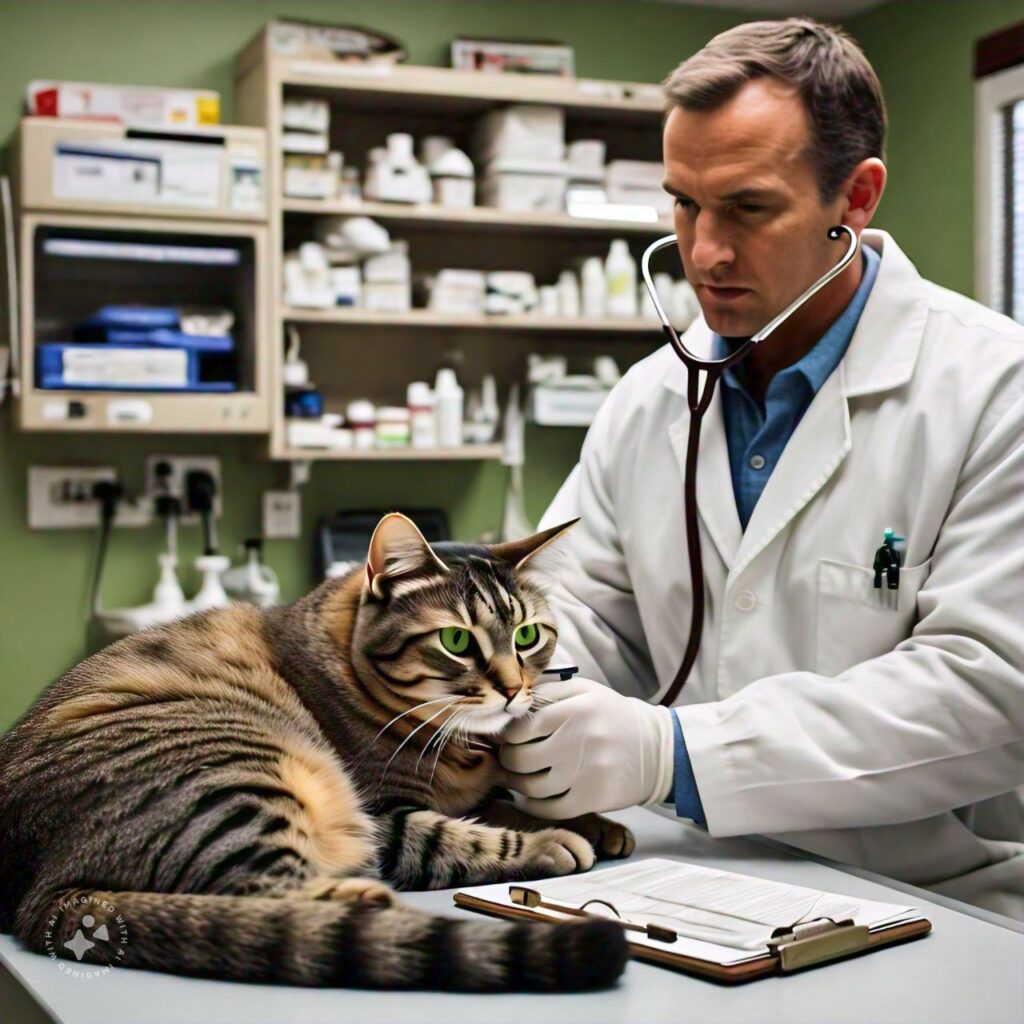
Conclusion
The journey from kitten to cat is marked by significant physical, behavioral, and nutritional changes. Understanding when a kitten is considered a cat allows you to provide the right care at each stage of development.
While most kittens are considered cats by their first birthday, their personalities and behaviors continue to evolve, requiring ongoing care and attention.
By recognizing the signs of maturity and adjusting their diet, environment, and social interactions accordingly, you can ensure your cat grows into a healthy, well-adjusted adult.
For more detailed information and related articles, visit Kitten Food World.
References
- “Kitten Development Stages,” PetMD. Available here.
- “When Is a Cat Considered an Adult?” The Spruce Pets. Available here.
- “Kitten Growth & Development Milestones,” Hill’s Pet Nutrition. Available here.
- “Kitten Care Guide: Transitioning to Adulthood,” ASPCA. Available here.
- “Understanding Kitten Growth Stages,” International Cat Care. Available here.

